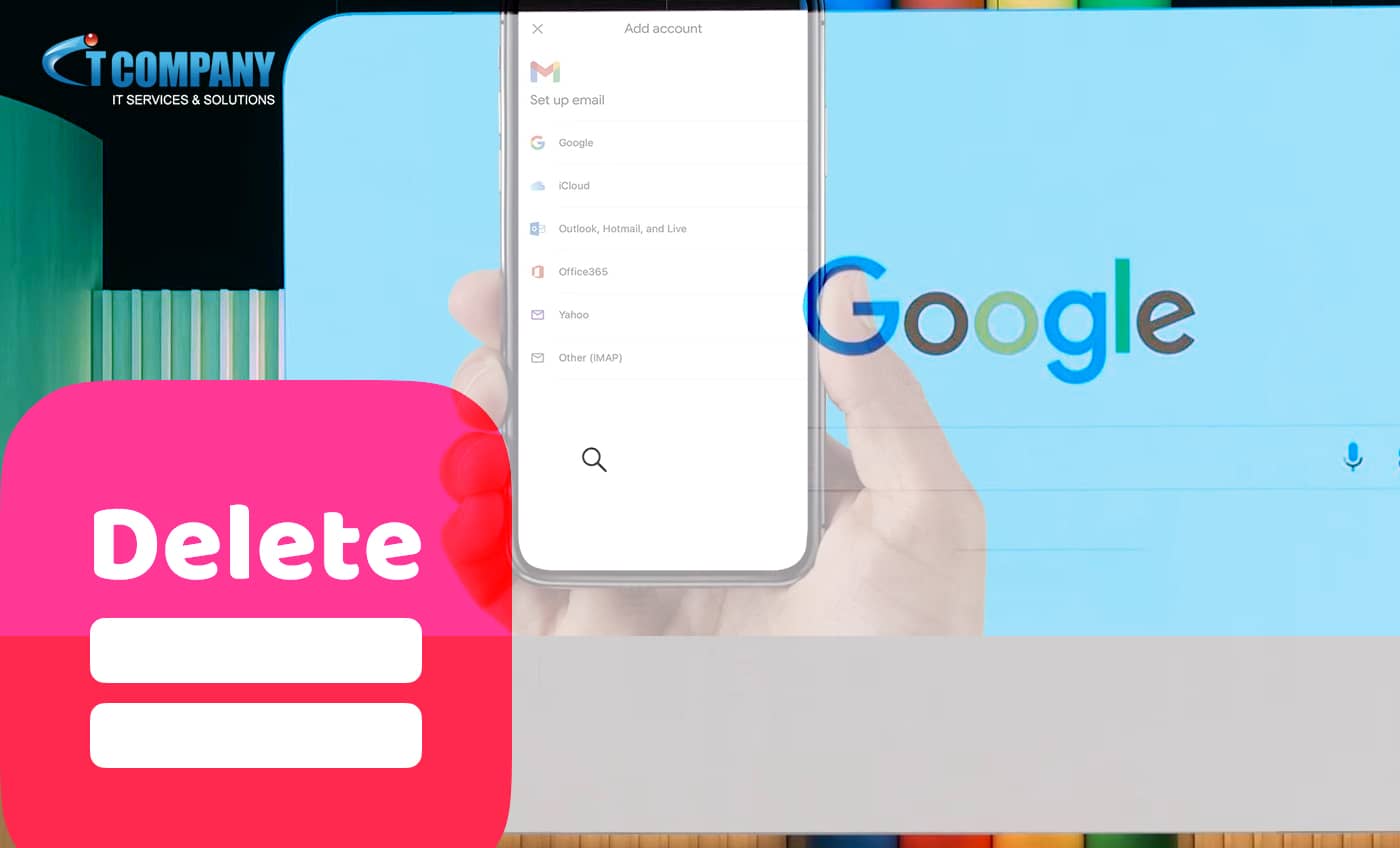Category: Articles
-

How to increase cloud scalability, security, and effectiveness?
Businesses need to understand how to enhance the capabilities of cloud security. The worldwide cloud business is rising despite the unstable state of the global economy. With an expected market size of little under £500 billion in 2022 and £1.8 trillion by 2027. The cloud is everywhere we look. Moreover, migration to it and away…
-

Microsoft 365 phishing attempts using RPMSG encryption
In targeted phishing attempts meant to avoid detection by email security gateways, attackers are increasingly employing encrypted RPMSG files delivered via hacked Microsoft 365 accounts to steal email host credentials. RPMSG files are also known as restricted permission message files. They are encrypted email attachments produced with Microsoft’s Rights Management Services (RMS). They provide an additional degree of…
-

SEO: How do your efforts affect Web Hosting?
Your website’s SEO is affected by a wide range of variables, and optimising for each of them will take time. Importantly, it will take you significantly longer for your SEO efforts to produce observable effects. However, a quick and responsive website is one of the elements that could boost your SEO right away. Now users…
-

Zero-day attacks: Protection against dangerous WordPress attacks
With zero-day vulnerabilities and zero-day attacks, you don’t know how it damages your business when it comes to cyber security. Not taking your security seriously can have disastrous effects on both you and your company. Fortunately, learning about security risks, security best practices, and potential zero-day vulnerabilities that might expose your WordPress sites to attack…
-

Dropbox: Your email may have received a fraudulent link
Dropbox is being used by hackers to distribute malware. Researchers claim cybercriminals are leveraging legal cloud storage and backup services to ensure that their infected files reach recipients’ inboxes. The researchers called the practise Business Email Compromise (BEC) 3.0. They believe email service providers have become much more adept at identifying and filtering fraudulent communications. Hackers…
-

Managing Multiple Failed Login Attempts in WordPress
Frequent failed login attempts on your WordPress site, you should look into the potential reasons and remedies. It takes a lot of effort to create an appealing and user-friendly website. Therefore, it is distressing to watch it slip into the wrong hands due to a failure in security measures implementation. The main concern is repeated…
-

Ransomware threats are increasing and targeting more devices
According to a new analysis from email security firms, Ransomware assaults have never been more prevalent. According to the notice, new ransomware organisations emerge on a regular basis. Moreover, new vulnerabilities being exploited are identified practically daily, however, Microsoft’s products are being targeted the most. In summary, attackers are currently targeting over 7,000 goods manufactured…
-

Malicious VSCode extensions steal credentials
Cybercriminals have begun to target Microsoft’s VSCode Marketplace. They posted three malicious Visual Studio extensions that were downloaded 46,600 times by Windows developers. The virus allowed threat actors to steal passwords, and system information, and install a remote shell on the victim’s PC. Check Point analysts found the malicious extensions and reported them to the Microsoft…
-

Hackers utilise Azure Serial Console to get unauthorised access
A cybergang is utilising phishing and SIM swapping attacks to compromise Microsoft Azure admin credentials and get access to VMs. The attackers then utilise the Azure Serial Console to install remote management software and Azure Extensions for covert surveillance. According to the online security website, the cybergang known as UNC3944 has been active…
-

Gmail: Be careful Google could destroy your account
If you do nothing, inactive Gmail accounts will be erased permanently. Following Twitter’s decision to remove dormant accounts, Google has announced that it will do the same for old Gmail accounts. Fortunately, it is now quite evident which accounts will be categorised as inactive and when account removals will commence. Google noted in its…